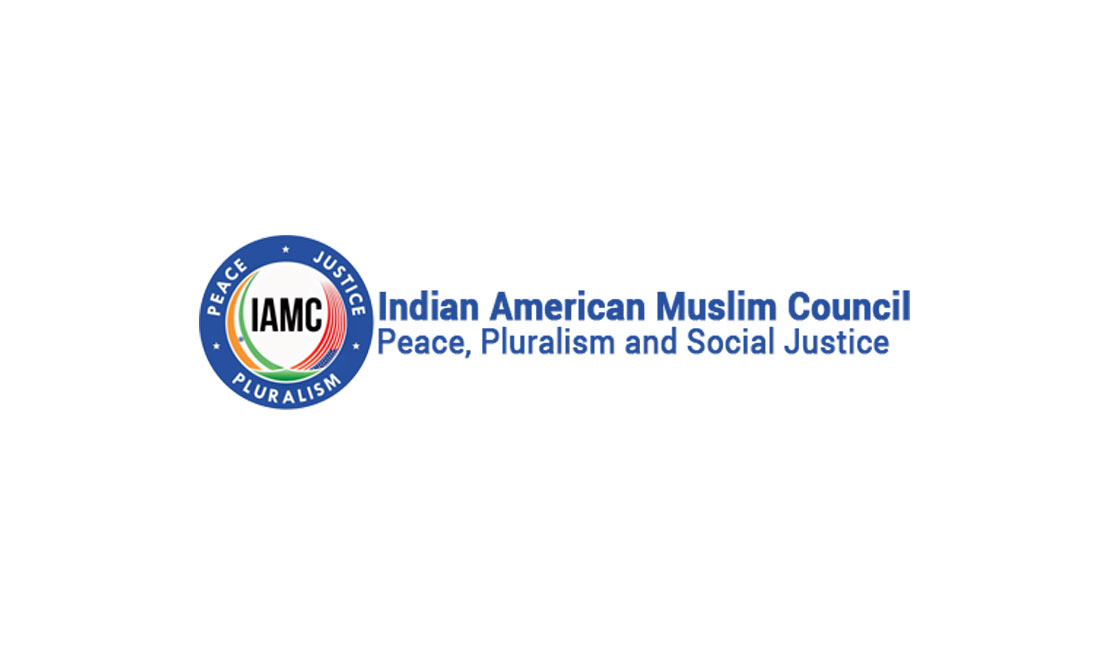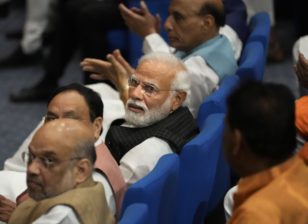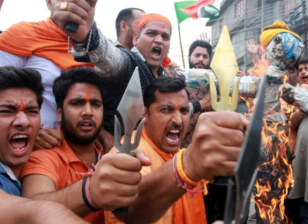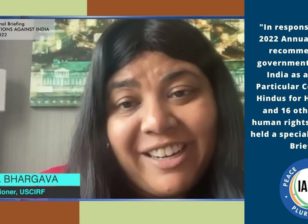Dismantling the World’s Largest Democracy
On Jan. 26, a Sunday but also a national holiday, India celebrated its 70th constitutional anniversary. Looking on, in a saffron turban, was Prime Minister Narendra Modi of the Hindu nationalist Bharatiya Janata Party (BJP) with his guest of honor, Jair Bolsonaro. In another part of the capital, the Muslim neighborhood of Shaheen Bagh was also celebrating Republic Day. The guests of honor there were two women wearing simple clothing and somber expressions.
The two celebrations were animated by entirely different ideas of what India is and to whom it belongs. They represented a divide that has been simmering for decades but which only manifested in nationwide protests since last December after a series of government actions proved beyond a doubt that Modi was not guided by the constitution. The speed with which Modi has been able to undermine democracy has frightened many people. Indians now wonder what their constitutional rights really are. Are they absolute? Or can the state revoke them in the so-called national interest?
Seeking answers to these questions has, in recent months, made the Indian Constitution, which happens to be the longest written constitution in the world, a bestseller 70 years after it was first published. readings of the document’s preamble represented an opening ceremony that set the tone of the slogans, protest songs, and the call-and-response shouts of “What do we want? Freedom!” that inevitably followed. The constitutional scholar Madhav Khosla’s new book, India’s Founding Moment: The Constitution of a Most Surprising Democracy, therefore couldn’t have been timelier.
<a href=”https://foreignpolicy.com/2020/04/03/india-constitution-democracy-madhav-khosla-book-review/>https://foreignpolicy.com/2020/04/03/india-constitution-democracy-madhav-khosla-book-review/</a>
India’s Founding Moment: The Constitution of a Most Surprising Democracy
Author: Madhav Khosla
Reviewed By Sonia Faleiro
Published by Harvard University Press, 240 pp., $45, February 2020
Harvard University Press, 79 Garden Street, Cambridge, MA 02138, USA; Telephone: (617) 495-2600, Fax: (617) 495-5898 https://www.hup.harvard




